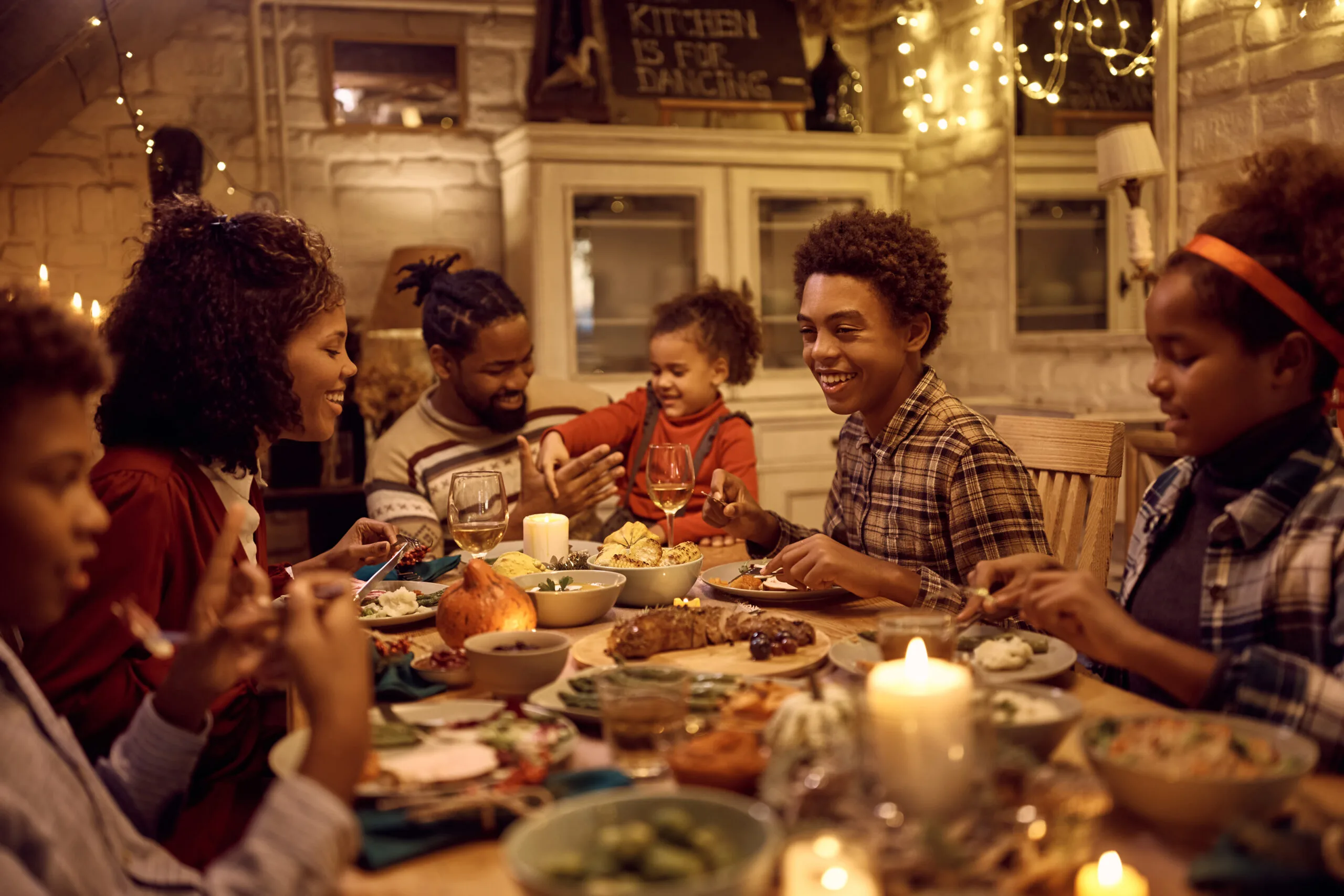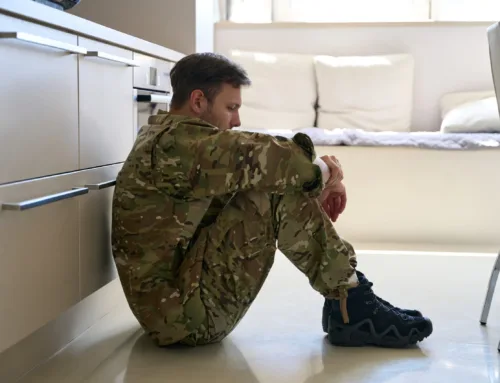How to Enjoy Thanksgiving Regardless of an Eating Disorder
It is no secret – Thanksgiving is one of the traditional American holidays that circles food. And while some people might look forward to such an event, for those battling an eating disorder, in eating disorder recovery or simply struggling with food in some way, it can be a highly triggering, very difficult holiday to face.
Should I attend Thanksgiving with an eating disorder?
Eating disorders (ED) can vary from highly restrictive eating to over-eating, put simply. Regardless of how you have a negative relationship with food, being put into a situation that completely circles food can be a nightmare.
So, should you just skip out on Thanksgiving entirely?
Ultimately, that’s up to you. If you truly feel like participation would push you further than you can handle, you can choose to not attend. Your mental health and physical wellbeing is most important – if you are in a vulnerable state, say, the early stages of recovery or newly post-treatment – it might be in your best interests to protect yourself at this time.
However, Thanksgiving should not be something you can’t participate in due to a mental health condition. While it may be hard, there are absolutely ways you can partake. After all, Thanksgiving is truly about focusing on gratitude and the blessings in our lives – food just plays a part in the way in which it’s celebrated.
But if you focus on the gratitude part, and not so much on the eating aspect, you are more likely to be able to peacefully enter in the celebration and enjoy the time with your family and friends.
Tips to enjoy the holidays with an eating disorder
There are ways you can easily enter into the holiday season while at the same time managing feelings of stress and anxiety when it comes to disordered eating.
Be intentional about what conversations you enter into
For some reason, discussions around the Thanksgiving table often switch to weight loss, dieting and exercise, which can be triggering to those already struggling with an eating disorder. If this happens, consider stepping away from the conversation by helping cook or clean in the kitchen, starting up a different conversation with another family member or simply asking everyone to switch the topic.
It’s important that you take care of yourself no matter what that looks like – and if that means excusing yourself while others are having this conversation, you have the freedom to do so.
Communicate clearly about your boundaries
If you are comfortable with it, tell your family your concerns and your boundaries. If you are planning on being present for the meal, ask them to refrain from commenting on your meal selections or pressuring you into eating more/less than what you have chosen.
Maybe you aren’t comfortable disclosing this to the whole family, but perhaps you have a close sibling or cousin or parent you want accountability from; consider sharing your reservations with them, and ask if they would just check in on you every once in a while. Knowing you have someone in your corner can help a lot.
Don’t compensate for Thanksgiving dinner
In recovery, adhering to a three meal a day plan is crucial to your success and wellness. For this reason, do not skip meals prior to or after Thanksgiving dinner even under the pretense of “making room” or “compensating for” it. While a lot of people are prone to over-indulging, you don’t have to.
Compensating for a holiday meal by skipping others can actually do more harm than good, and may lead to increased stress or worsened binge-eating. Instead, eat balanced meals for breakfast, lunch and dinner and don’t allow yourself to feel pressure to eat more than you need when the holiday meal rolls around.
Remember there is no such thing as “bad” food
Sure, some foods are higher in calories, sugar and/or unnecessary ingredients but this does not qualify them as bad. You may choose not to eat them, and that is completely fine, but again, that does not mean they are bad.
Try and keep this in mind when you sit down for Thanksgiving dinner. Instead of qualifying the choices in front of you as “good” or “bad” options, look at them as dishes you’d like to try versus ones you would like to pass over. This can help you keep a healthy perspective while eating and perhaps allow you to enjoy the meal with your family.
Take some deep breaths
If you feel yourself getting overwhelmed, stressed or triggered during Thanksgiving, clue into your body’s signals and step away to take some deep breaths. Try box breathing, where you inhale for four seconds, hold the breath for four seconds, exhale for four and hold for another four.
It only takes 16 seconds to do, but can quickly work to recenter the mind and help put things back into perspective when your thoughts are starting to spiral out of control.
Need help handling the holidays with an eating disorder?
Whether you are worried about relapsing with an eating disorder, have been out of treatment for a long time but still struggle during the holidays or just need some added support during Thanksgiving and Christmas, Tapestry Recovery is here to help.
Contact us online or by calling our offices at 828-490-4032 to learn more.






